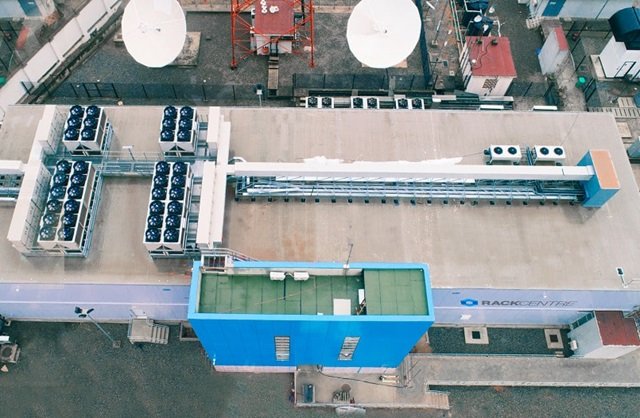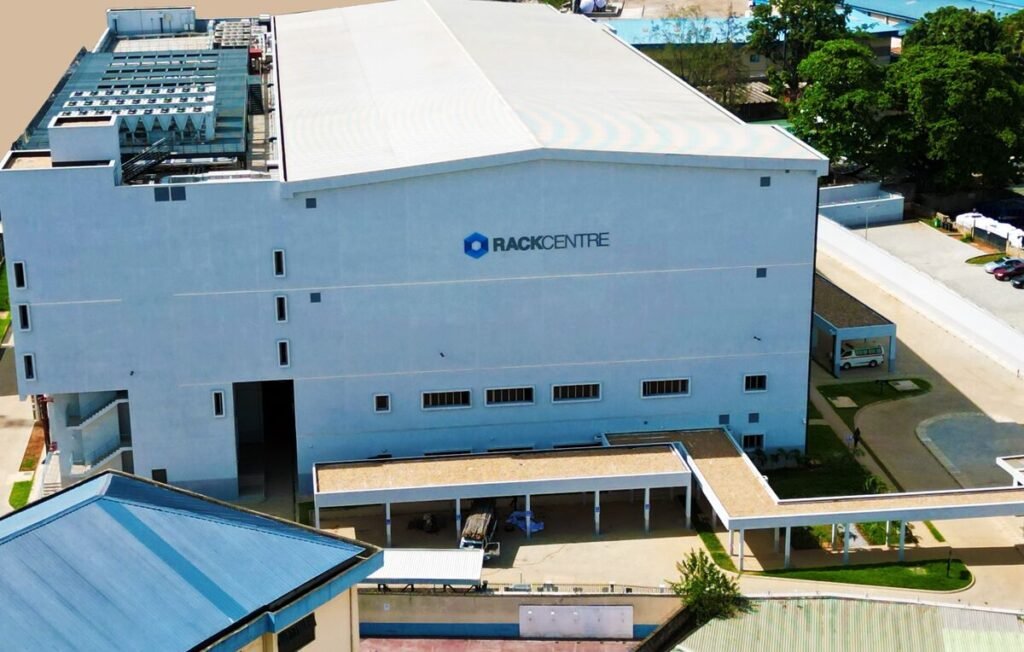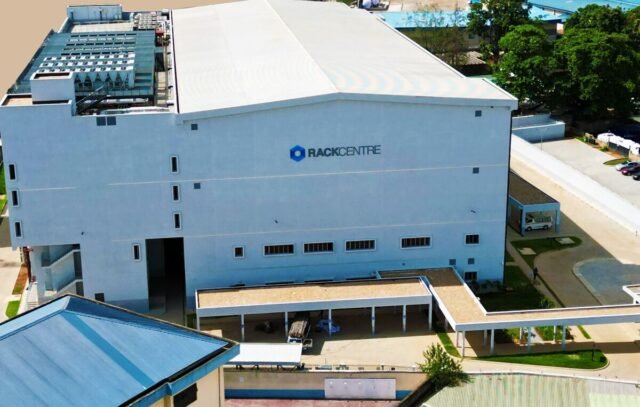Nigeria finds itself at the cusp of a transformative leap in digital infrastructure, as major global and domestic players double down on investment in the country’s burgeoning data-centre sector. Valued at roughly US $287 million (about ₦430 billion) in 2023, the market is now drawing the attention of telecoms, cloud-service providers and infrastructure specialists in a fiercely competitive scramble.
For many of us observing from Lagos to Kano, there’s an unmistakable shift: Nigeria is no longer simply a consumer of data and connectivity — it is quickly positioning itself as the backbone of digital services for West Africa. The magnitude of this movement reflects both ambition and urgency, as businesses, government, and investors recognise that data centres are foundational to everything from e-commerce and fintech to AI and IoT.

Table of Contents
Who’s Playing, and What’s the Stakes?
On the one hand, we have the telecom behemoths. The likes of MTN Nigeria, leveraging their extensive customer bases and transmission networks, are already moving into data-centre services. While public investment figures are elusive, the market signals are clear: telcos see data-centres not simply as back-end infrastructure, but as strategic levers for cloud, enterprise services and regional leadership.
Then there are the infrastructure specialists. For example, Rack Centre is pushing ahead with a reported US $250 million expansion of its Lagos facility — a move that would strengthen its position as a carrier-neutral hub capable of servicing global and regional traffic.
Internationally, firms such as Digital Realty are not sitting on the sidelines. Through a joint venture with Pembani Remgro Infrastructure Managers, it is reportedly set to inject over $500 million into data-centre development across Africa, with Nigeria as one of the core targets.
What makes this competition especially potent is the projected growth. Analysts see the market pushing towards the $1 billion mark in the near term — signalling that today’s investments could yield outsized returns if Nigeria plays its cards right.
Opportunities, Challenges and What’s at Play
From my conversations with local industry insiders, the opportunities are multifaceted. First, a fast-growing internet population with rising mobile data consumption puts pressure on existing networks and creates a need for locally-hosted infrastructure. With latency, data sovereignty and localised regulation gaining importance, having centres within Nigeria becomes a competitive edge.
Second, as firms across sectors embrace digital transformation, demand for cloud services, disaster recovery, colocation and edge computing is rising. These are services that traditional telecom arms may struggle to deliver unless they adapt fast — hence the push into data-centre verticals.
However, the challenges are real. The power supply remains a major constraint: reliable electricity, cooling, and redundancy are essential for Tier-III or Tier-IV facilities, and ensuring these in Nigeria’s context requires significant capital and operational discipline. In addition, regulatory clarity, local-content requirements, tax regimes and infrastructure logistics (roads, fibre reach) all influence whether a data-centre project will succeed or stall.
Another risk: competing priorities. With many global players targeting Nigeria, the margin for error is low. If trust is compromised — whether through outages, capacity constraints, or regulatory missteps — clients may simply look elsewhere in the region.
My sense is that the winners will be those who combine local insight, strong infrastructure partnerships and global standards — not those who simply ride on brand alone.

What It Means for Nigeria — and for You
For the Nigerian economy, the race to build data-centres is more than just infrastructure development. It represents a strategic pivot towards being a technology hub for Africa. By hosting data locally, the country reduces dependency on overseas locations, improves user experience (via reduced latency), supports local business growth, and fosters job creation in relatively high-value services (data engineers, ops technicians, cooling specialists, etc.).
For businesses and consumers, better data-centre coverage means improved performance for cloud apps, smoother video streaming, more reliable enterprise services, and potentially lower costs as competition and scale improve.
From my discussion with a Lagos-based fintech founder, the presence of local Tier-III data-hosts made a difference in how clients perceived reliability and compliance. The founder remarked that “our overseas servers gave us good uptime, but the client trust only really kicked in when we could say the data was being stored in Lagos, and that backups, fail-over paths and power sources were within a known jurisdiction”.
As an individual user, it may not seem dramatic — you’ll still stream your favourite content, chat on apps and upload documents — but behind the scenes, the infrastructure enabling it becomes faster, more local, and more resilient.
Looking ahead, I expect the market to fragment into tiers: large integrated players (telcos + data-centre), pure-play infrastructure, edge-micro-centres, and specialised colocation for sectors (fintech, healthcare, oil & gas). Nigeria could emerge as a nexus for all of these, provided it builds intelligently.

Conclusion
Nigeria’s data-centre market is no longer a niche segment quietly growing — it’s now centre stage in the digital ambitions of telcos, infrastructure firms and global investors. The ₦430 billion valuation is just the starting point; the real value lies in what this infrastructure enables: digital services, regional leadership and a modern economy.
If the players — both local and foreign — navigate the complexities of power, regulation, trust and scale, Nigeria will not just participate in the digital revolution, it will help lead it. And for the rest of us, whether in Kano, Lagos, Abuja or beyond, the benefits will increasingly become part of our daily digital lives.
In short: watch this space. Nigeria’s digital reform journey isn’t just changing infrastructure — it’s changing how we connect, transact and engage in the years to come.
Join Our Social Media Channels:
WhatsApp: NaijaEyes
Facebook: NaijaEyes
Twitter: NaijaEyes
Instagram: NaijaEyes
TikTok: NaijaEyes





